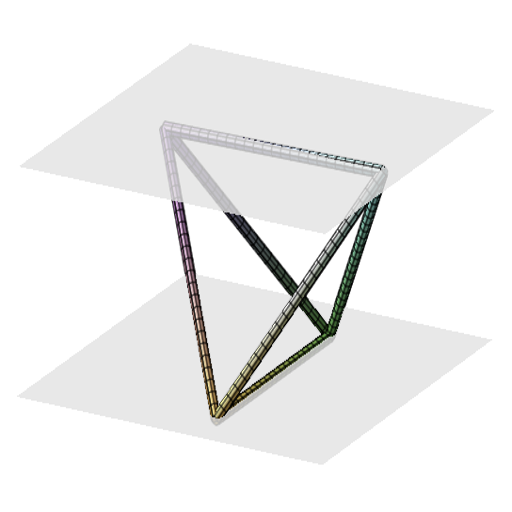If the presence of electricity can be made visible in any part of the circuit, I see no reason why intelligence may not be transmitted instantaneously by electricity. ~Samuel Morse This is the fourth part in my multi-part series on how computers work. Computers are thinking machines, but they can’t do this on their own. We need to teach them how to think. And for this, we need a language of logic. In the first part of the series, I introduced this language of logic, Boolean algebra. In the second part, I described how to formulate complex logical statements
algebra
Computer Related / Condensed Matter / History / etc.
The Boolean Circuit and Electronic Logic, Part 1
Living in a vacuum sucks. ~Adrienne E. Gusoff This is the third part in my multi-part series on how computers work. Computers are thinking machines, but they can’t do this on their own. We need to teach them how to think. And for this, we need a language of logic. In the first part of the series, I introduced this language of logic, Boolean algebra. In the second part, I described how to formulate complex logical statements using Boolean algebra. Now, in part three, I lay the groundwork for how we can implement simple Boolean logic using electronics. In
logic / Mathematics / Science And Math
George Boole and the Language of Logic, Part 2
Anything that thinks logically can be fooled by something else that thinks at least as logically as it does. ~Douglas Adams This is the second post in a multi-part series explaining how computers work. A computer is a thinking machine, a device which applies logic to any problem we ask it to. However, computers don’t know how to do this automatically. We have to teach them. And to teach them, we need a language of logic. Last time, we introduced one such language of logic, Boolean algebra. This time, we learn how to make composite statements in Boole’s system.
abstract algebra / logic / Mathematics / etc.
George Boole and the Language of Logic, Part 1
Logic takes care of itself; all we have to do is to look and see how it does it. ~Ludwig Wittgenstein Contrariwise, if it was so, it might be; and if it were so, it would be; but as it isn’t, it ain’t. That’s logic. ~Lewis Carroll This is the first post in a multi-part series explaining how computers work. At its heart, a computer is a logical-thinking machine. It’s very good at starting with several assumptions and deducing a conclusion from those assumptions. Of course, a computer can’t do any of that on its own. We need to
